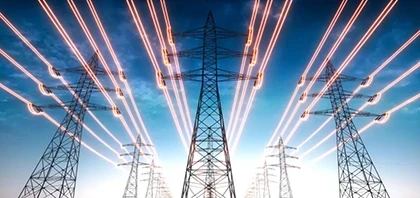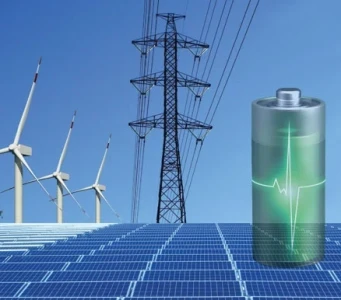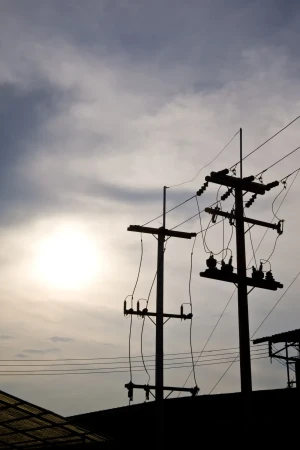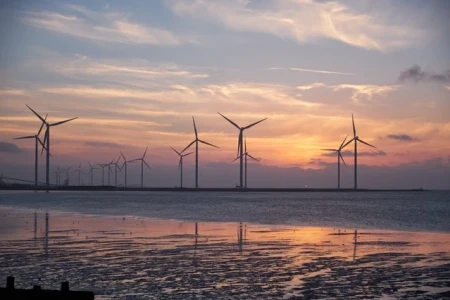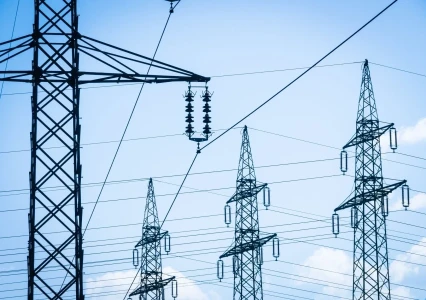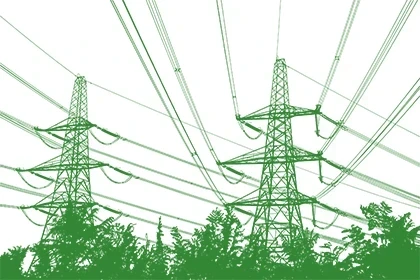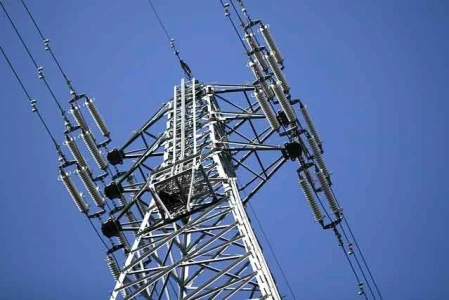DOE Prioritizes Baseload Generation
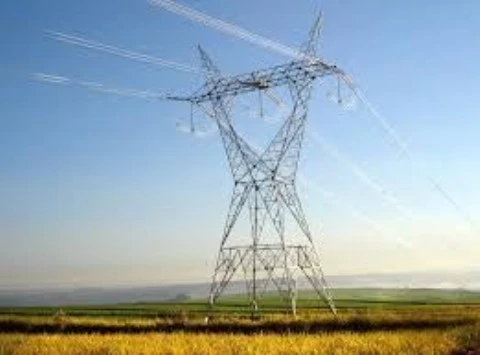
In a strategic move to tackle the growing electricity demand and bolster energy security, the U.S. Department of Energy (DOE), under Secretary Chris Wright, has announced plans to focus on expanding baseload and dispatchable power generation. This shift in priorities, outlined on January 5, 2025, highlights a commitment to ensuring a stable, affordable energy system while addressing challenges posed by both the expanding energy load and evolving policy landscapes.
One of the key points emphasized by Wright is the need for efficient permitting and the removal of barriers that hinder energy project completion. The current federal policies, he argues, often make it too easy to stop projects and difficult to bring them to fruition, slowing progress on vital energy infrastructure. The DOE aims to address these issues by exercising all lawful authorities to enhance U.S. energy security, particularly focusing on grid reliability and meeting growing energy demands.
While the push for renewable energy has been a significant part of the energy conversation in recent years, Wright’s statement positions the department as an advocate for expanding energy resources, not limiting them. The department plans to continue supporting diverse energy sources, including advanced nuclear, fossil fuels, geothermal, and hydropower, as essential components of the nation’s energy mix. This approach directly counters what Wright sees as the risks associated with current net-zero policies, which he claims could raise energy costs, undermine grid stability, and jeopardize both energy and national security.
A central focus of this effort will be nuclear power, with the DOE committing to support next-generation nuclear technologies. This includes the development and deployment of more efficient nuclear reactors and advancing research into nuclear fusion—one of the most promising yet challenging energy technologies. Wright's vision is to enable not only the rapid deployment of nuclear technology but also its export to global markets, positioning the U.S. as a leader in the nuclear energy sector.
Additionally, Wright stressed the importance of reviewing the DOE’s approach to setting energy efficiency standards. The goal is to ensure that the department’s policies do not inadvertently remove consumer-preferred products from the market. Wright believes that affordability and consumer choice should remain at the forefront of DOE’s regulatory approach.
As part of its broader research and development initiatives, the DOE will also prioritize breakthroughs in technologies like high-performance computing, quantum computing, and artificial intelligence (AI), all of which are seen as vital to maintaining the U.S.’s global competitiveness in the energy sector.
In a broader sense, these strategies align with the DOE's overarching mission to strengthen the nation’s power grid. The department plans to enhance the transmission system, which will be crucial to managing both current and future load growth on the nation’s electric utilities. This approach also recognizes the increasing demand for electricity as more sectors of the economy, including transportation and industry, become electrified in the push toward cleaner energy.
However, Wright's priorities are not without controversy. In response to these new directives, several Democratic senators raised concerns regarding the DOE's commitment to social equity and environmental justice. The senators questioned whether the DOE would maintain its focus on energy justice, particularly through its Office of Energy Justice and Equity, which was established under the Biden administration. In response, Wright reaffirmed his commitment to following the law, but emphasized the importance of balancing policy initiatives with economic and energy security considerations.
The DOE’s new direction under Chris Wright represents a shift towards prioritizing reliable, diverse energy generation technologies, with a clear emphasis on expanding baseload power sources like nuclear, fossil fuels, and advanced technologies. By fostering a regulatory environment that promotes infrastructure development and encouraging private sector investment, the DOE aims to address the complex energy challenges of the future. These efforts will play a pivotal role in ensuring that the U.S. maintains a secure, affordable, and resilient energy system amidst a rapidly changing global landscape.

